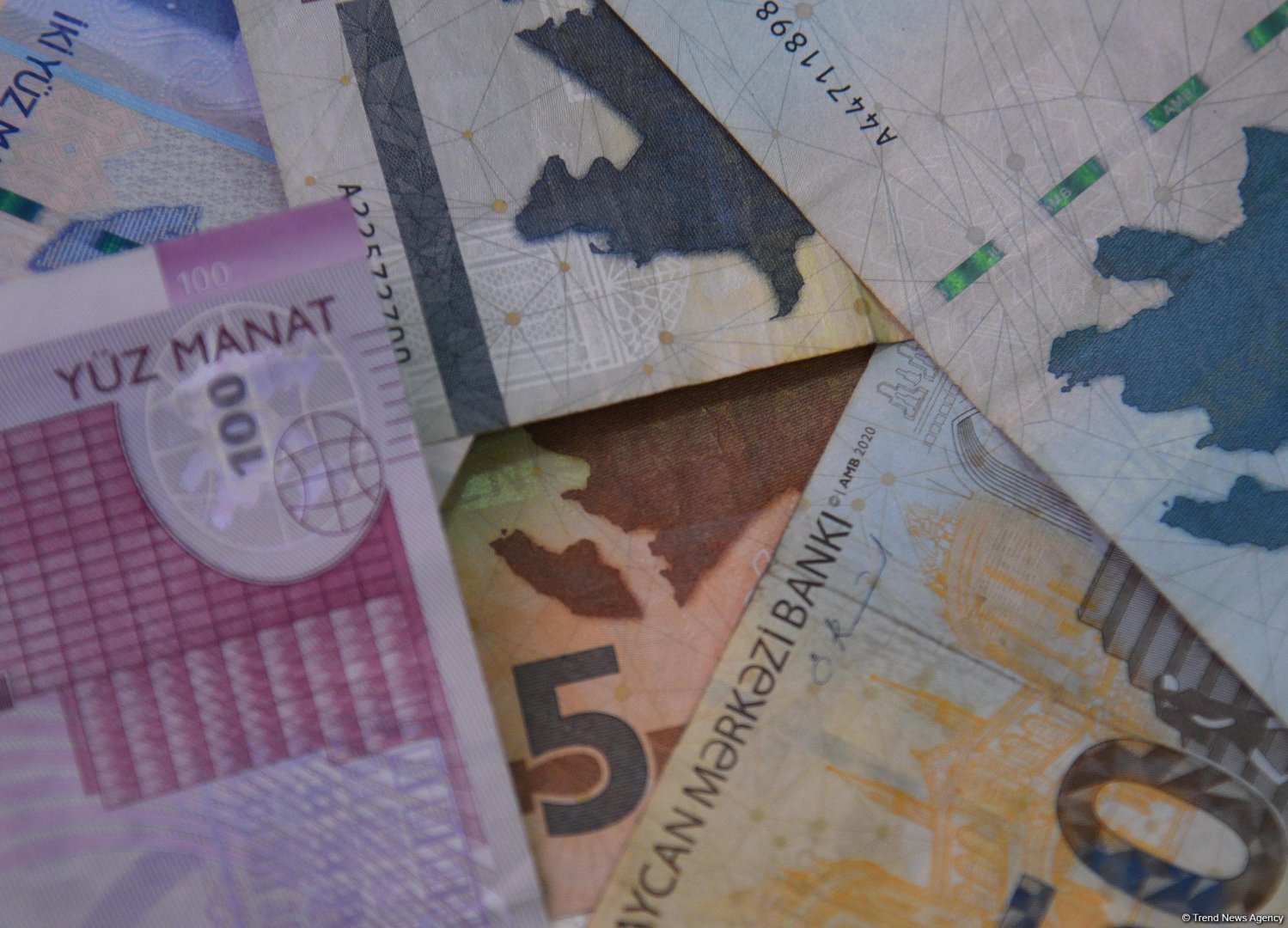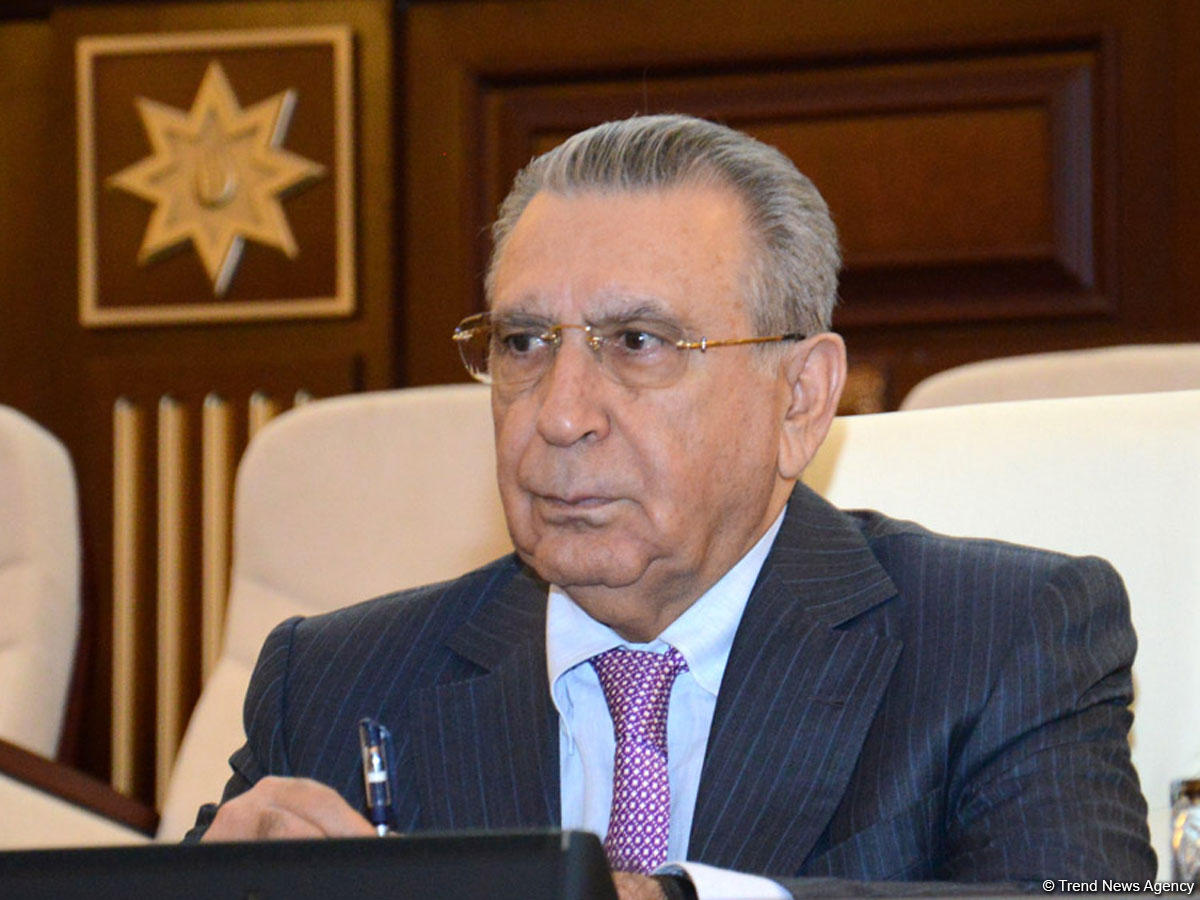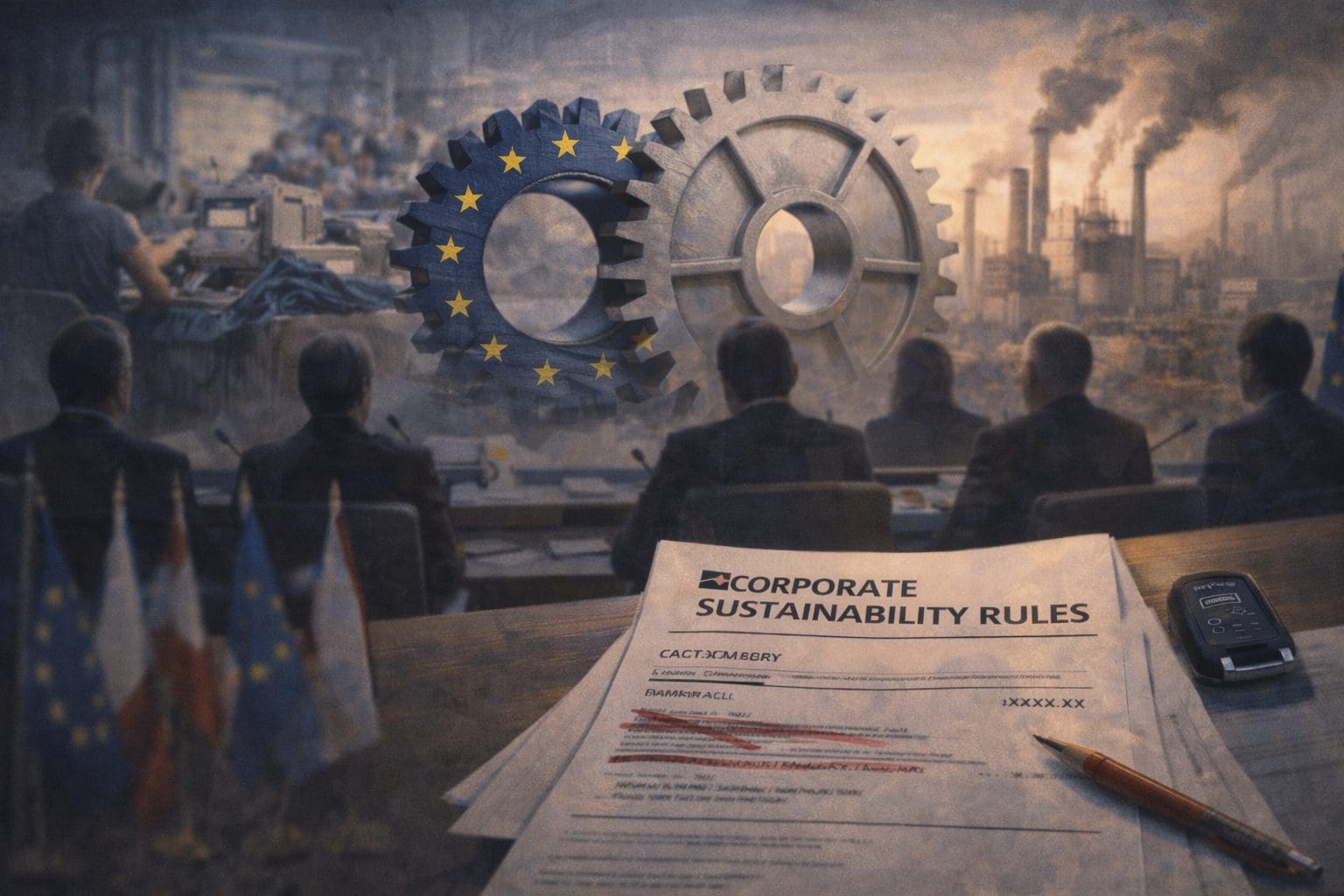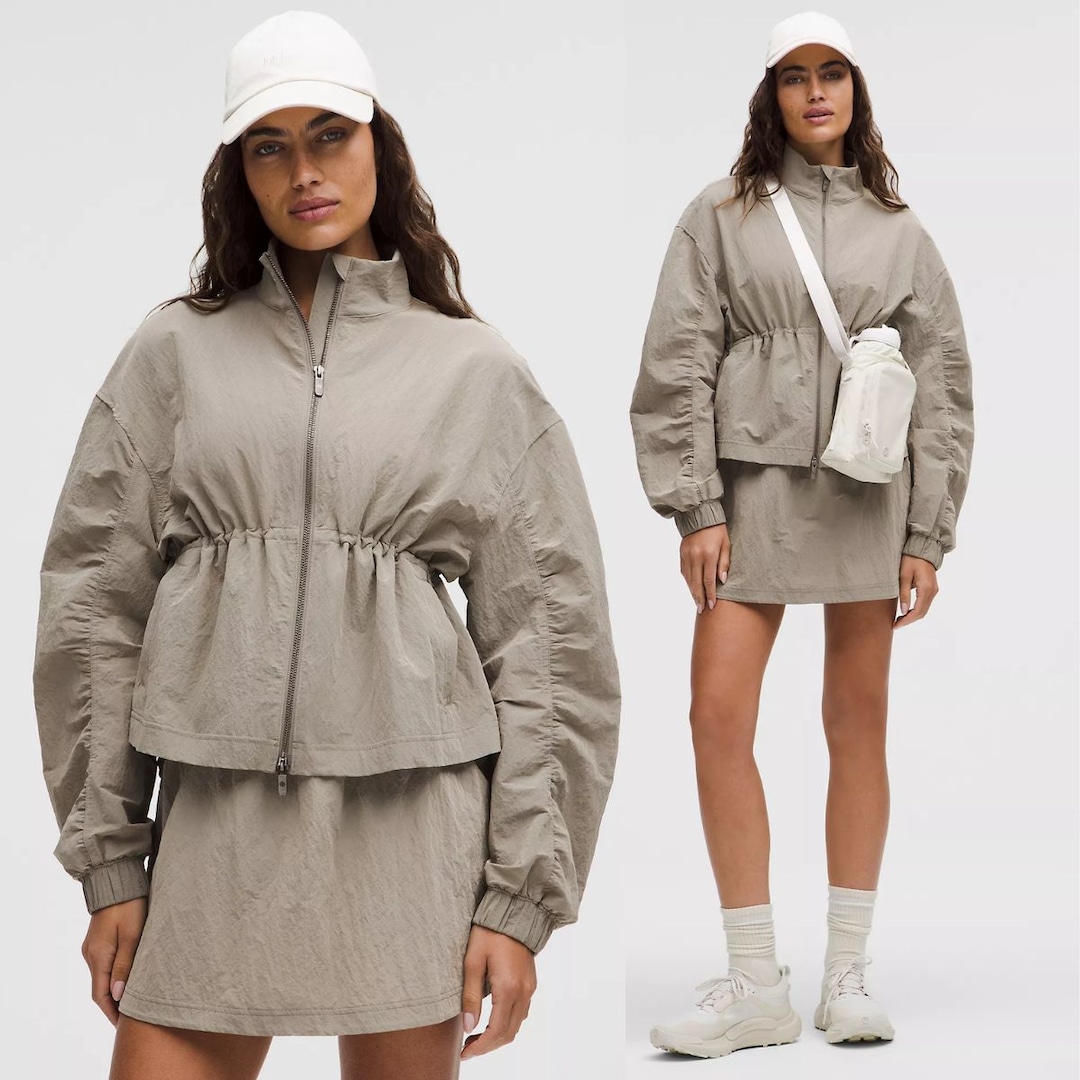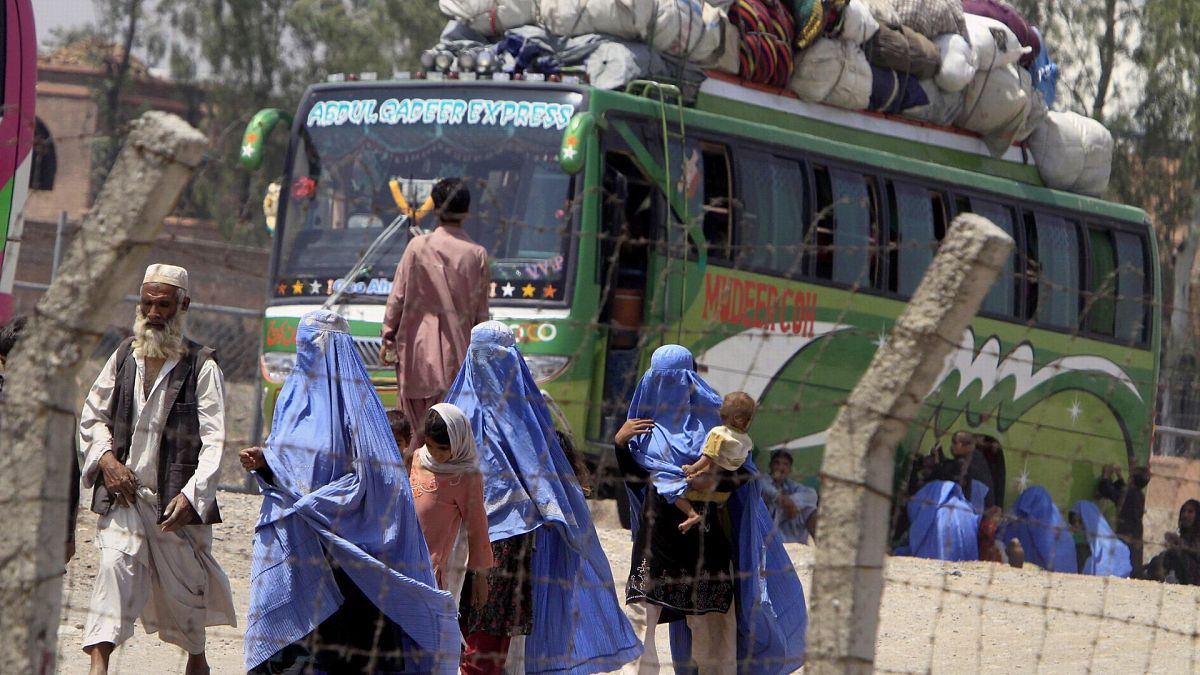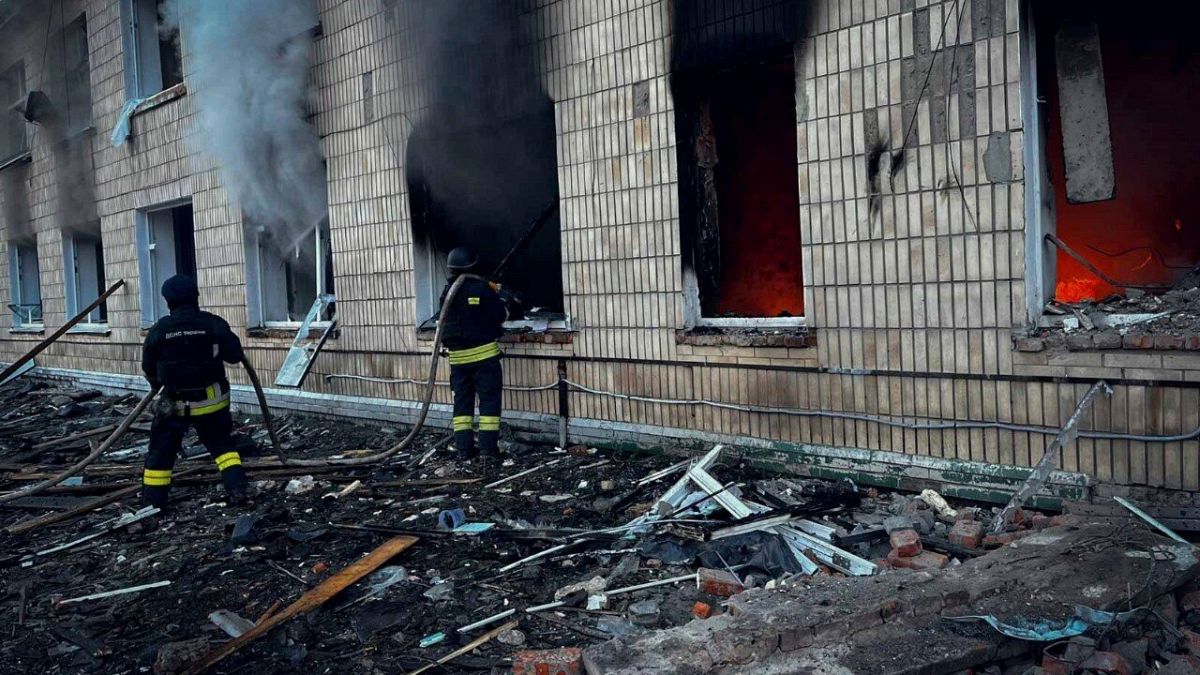Eurobarometer: Austrians donate a lot

Brussels (APA) – According to a Eurobarometer survey published on Tuesday, 75 percent of Europeans value the importance of the social economy for the societal well-being of their country. The majority supports political measures to promote it. Austrians are above average engaged in social issues; for instance, two-thirds of those surveyed there have donated in the last five years, compared to 18 percent across the EU.
Half of the respondents across the EU and significantly more than half in Austria have engaged in the social economy in the last five years, through activities such as volunteering (18 percent EU-wide, 15 percent Austria), donations (18 percent to 35 percent), or as members (13 percent each). One in three people in the EU receives support from the social economy in areas such as education, training, and housing. This survey counts charitable, cultural, and sports non-profit organizations as part of the social economy. According to the EU Commission, it employs around 11.5 million people across the EU.
Important Role in Child, Elderly, and Disability Care
The awareness of the social economy varies significantly between member states: about half of all EU citizens have heard of the social economy (from 82 percent in Malta to 34 percent in Greece). Austria is at exactly 50 percent, which is the EU average. Half of EU citizens and nearly two-thirds of citizens in Austria believe that the social economy sector is well developed in their country. Nevertheless, 88 percent demand that their country’s authorities implement strategies and laws to support social economy organizations.
The role of this sector is considered most important in child, elderly, and disability care (58 percent EU, 61 percent Austria), education (44 and 46 percent respectively), as well as culture and sports (42 and 55 percent respectively). A full 93 percent of people demand that companies align with social values, prioritize social and ecological goals, redistribute profits, and operate with democratic governance structures. 26,420 people were surveyed across the EU for this Eurobarometer in May 2025. (28.10.2025)

